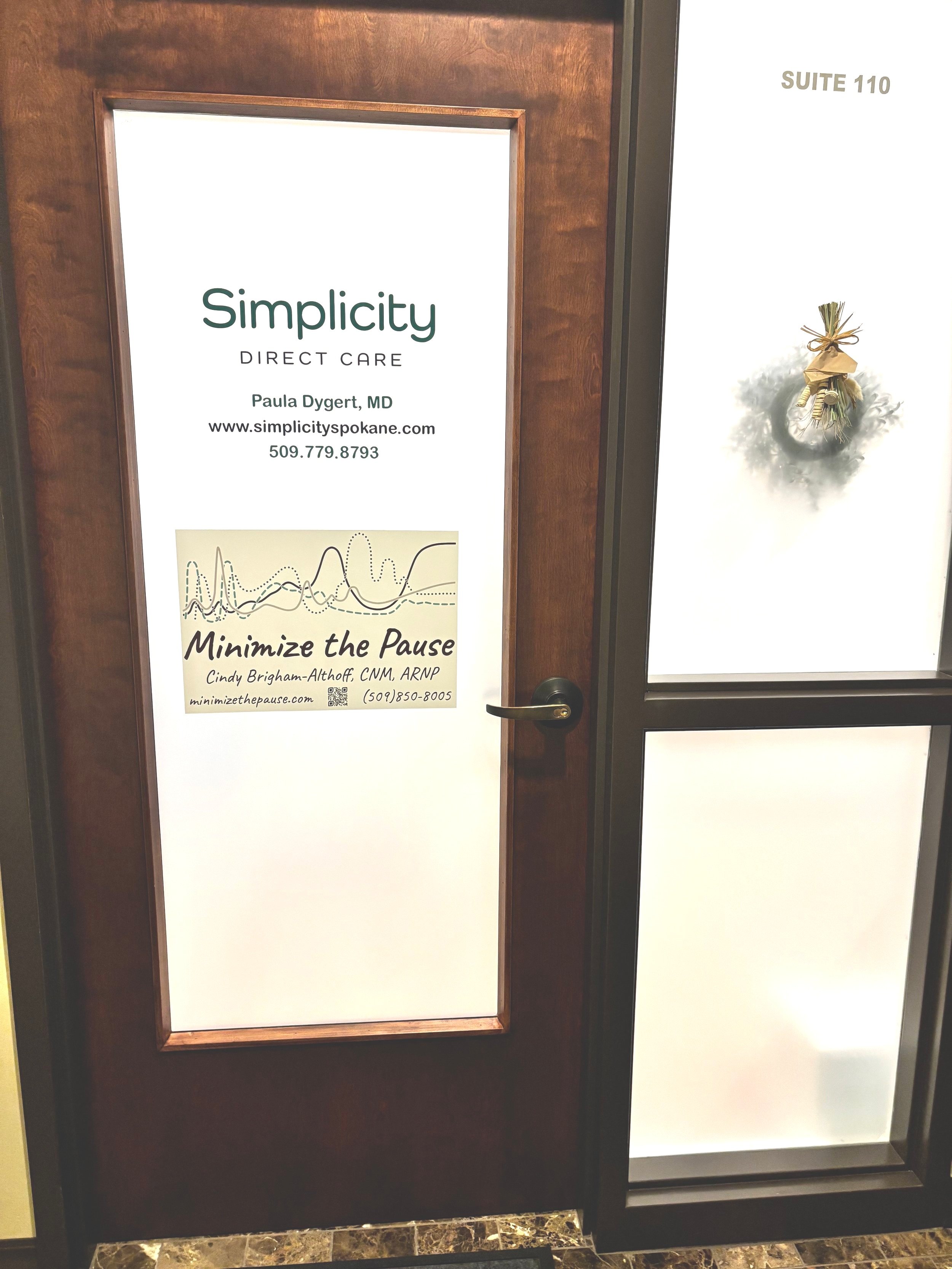
Frequently asked questions.
Individual Consultation
Do you accept insurance?
I don’t accept insurance for my visit fees. You are able to use a Flexible Spending or Health Savings Account debit card or get reimbursed through these accounts. Lab work (if necessary) is done at LabCorp or Quest, where you can use your insurance (although sometimes self-pay is a more economical option). Most prescriptions I order are for FDA-approved medications that you can get from any pharmacy and use your insurance for.
Why don’t you accept insurance?
We all have those words that reduce our patience to nearly zero. “Insurance” is that word for me. I don’t accept insurance because I believe the insurance system is fundamentally broken in the US. It incentivizes trained healthcare providers to go as fast as possible with patients without truly listening to them. It results in unnecessary testing, expense, and poor care. That goes against the reason I became a healthcare provider, which is to provide compassionate and evidence-based care to people.
What can I expect during a new patient visit?
I will send you health history forms to complete prior to our visit to help me understand your risk factors. During our 55-minute visit, we have time to talk about your most bothersome symptoms. As an educator, I love to provide education about menopause and treatment options. I will take normal vital signs, your height, and your weight. Every patient is different, but I don’t routinely recommend a blood draw or a pelvic exam unless you have symptoms that indicate it would be helpful. I try to practice in a trauma-informed way, where nothing is required, and we will talk through the risks and benefits before doing anything invasive.
Do you offer telehealth visits?
I am licensed in Washington state and can not see patients outside of Washington. For new patients, an in-person visit is most beneficial so we can get to know each other and I can get your vital signs. On a case by case basis, telehealth may be offered for follow-up visits.
How often will I be expected to schedule an appointment?
If medication is part of our plan, I recommend a follow-up 6-8 weeks after beginning therapy. This allows for dosage adjustments. Once we have the medication at therapeutic levels to relieve your symptoms, I recommend annual follow-up.
Menopause Party
What can I expect during a menopause party?
In short, you can expect one to two hours of laughter, education, and growing closer to friends. I believe in the value of community. As a nurse midwife, I believe group prenatal care has excellent outcomes, not only during pregnancy, but also during the parenting journey because of valuable relationships that are formed between participants. Think of a menopause party in that context - having a group of ~10 people who you can talk with about menopause symptoms because the conversation has already been initiated; you can pick up where the party left off. Some people might feel a little uncomfortable talking about things they are experiencing, but if they hear their friend talking about it, it normalizes both the experience and the conversation. I see my role as facilitating an evidence-based conversation (because there is a lot of misinformation about menopause!) about people’s experiences. It’s a free-flowing conversation, tailored to your specific participants’ questions. I promise - we won’t be sitting around in awkward silence waiting for someone to talk!!
